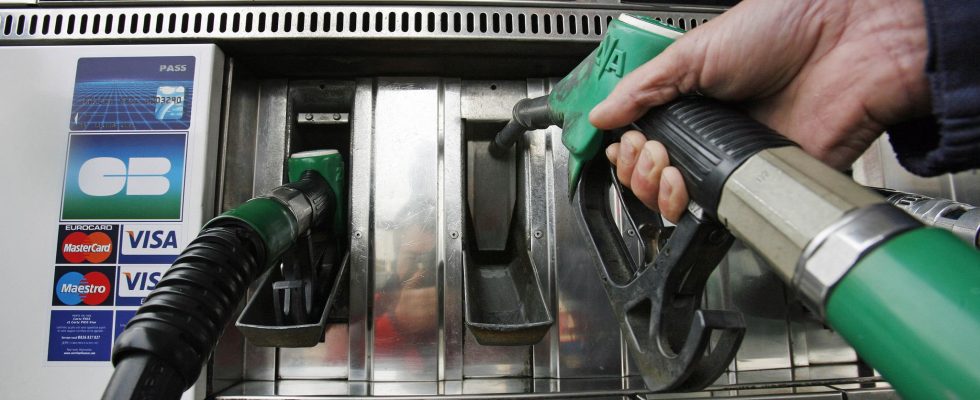We thought she was finished for good, and now she comes back. The fuel allowance of up to “100 euros per car per year” will be proposed by the government as part of the development of the 2024 budget, presented this Wednesday, September 27 by the executive in the Council of Ministers.
If the contours are still vague, it will be “limited to workers” who “need to ride” and will not go beyond half of French people who earn the least, clarified Emmanuel Macron during his interview this Sunday on TF1 and France 2. He also announced that he was reversing the idea of authorizing sales at a loss for distributors, preferring sales “at cost”.
In theory, 10 million households will be able to benefit from this aid. This is the renewal of the “worker fuel allowance” implemented at the start of 2023, we explained in Bercy to Franceinfo. But in practice, far fewer people request it. This year, only 4.3 million fuel allowances were actually paid this year, according to Bercy figures.
“We don’t help comfort travel”
However, at the start of 2023, all those who used their vehicles to get to their place of work and who received less than 1,315 euros, for a single person, or 3,285 euros, for a couple with two people were affected. children. The aid was cumulative: a working couple who owned two cars could therefore receive this check for 100 euros twice. All vehicles, whether electric, thermal, and even two-wheelers, were affected. The criteria should change little for the year 2024. “It’s relevant, we don’t help households who don’t need it and we don’t help comfort travel,” said Emmanuel Macron during his television interview.
An opinion that Pierre Chasseray, general delegate of “40 million motorists”, does not share. According to him, targeting which does not take into account “the average mileage of French people” cannot be fair and ultimately favors motorists who drive little. “And then too bad for those who don’t work and travel for medical care, pick up the children from school or keep the economy going by going to their leisure activities,” says Pierre Chasseray indignantly.
But this targeted support has the advantage of not weighing as much on state coffers as putting them back at the pump. Based on a discount of 20 cents per liter for one year, it would have cost around 12 billion euros compared to only 430 million, based on this year’s spending dedicated to this aid, for the fuel allowance. “This aid of 100 euros amounts to 8 euros per month. I am not sure that it changes the lives of motorists even if no one is against it,” notes Alexandra Legendre of “The Drivers’ League”.
A deadline which had to be extended at the start of the year
Lack of information or lack of time, many taxpayers do not connect to the site impots.gouv.fr to provide tax number, license plate number, vehicle insurance certificate and sworn declaration certifying that it is used for commuting. However, the return of a system that already existed could help avoid certain failures.
At the start of the year, the deadline for accessing the aid request had to be extended due to difficulties linked to the format of certain number plates, particularly two-wheelers, which made it impossible to request compensation. Company cars purchased by individuals were also not initially taken into account by the system. Above all, the compensation was not well known enough and communication around this assistance took time to produce its effects.
For “The League of Drivers” and “40 million motorists”, re-investing the tax surplus generated by the State due to the increase in fuel prices would be much more effective and would have the advantage of not affecting finances public. “This surplus will probably number in the billions in 2023 but we were turned down when we tried to find out the exact amount, exasperates Alexandre Legendre. The State is asking companies to make efforts, while ‘he does not make any himself with what he has received in addition.’
To respond more effectively to this increase in prices, Alexandra Legendre ultimately trusts in “French common sense” which will allow them to experience the situation in the “least painful way possible”: more carpooling or recourse to alternative means of transport when ‘they exist.
